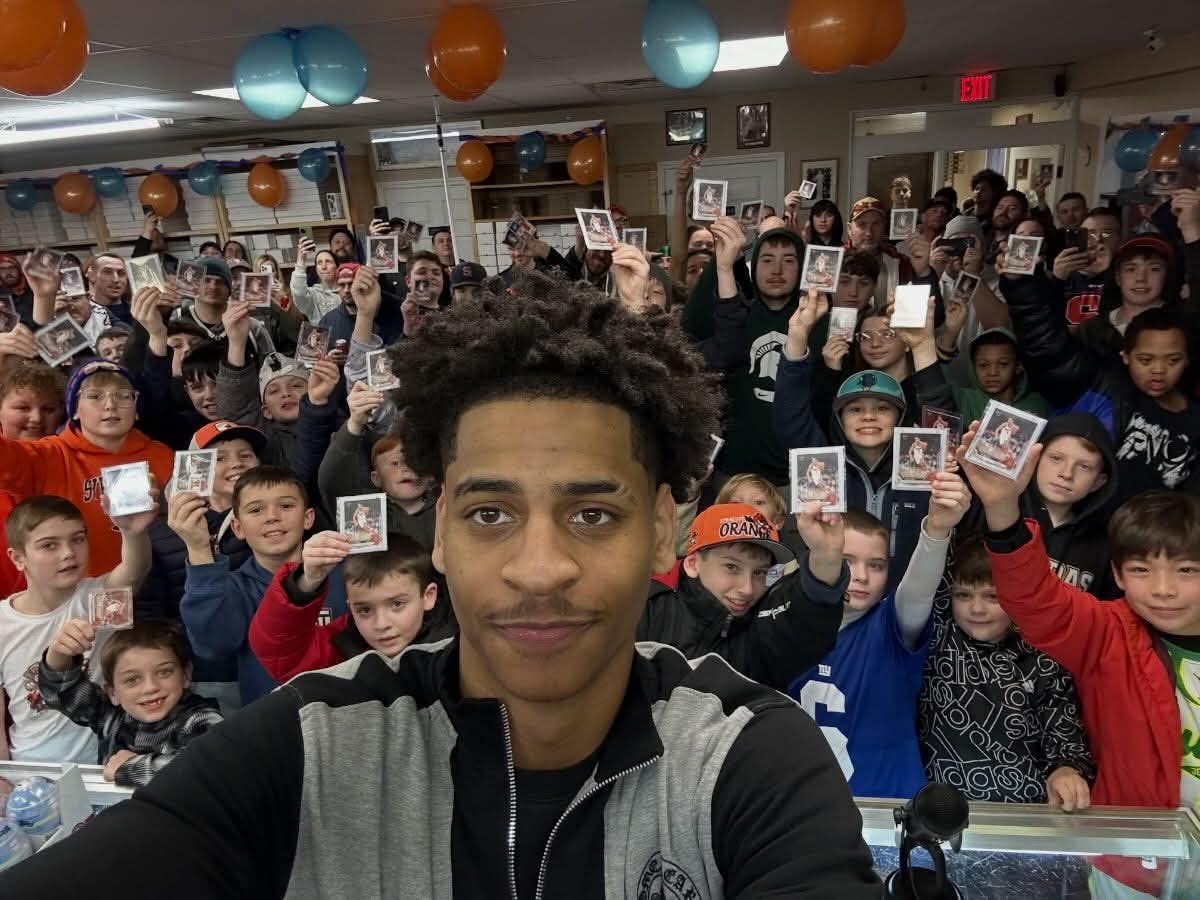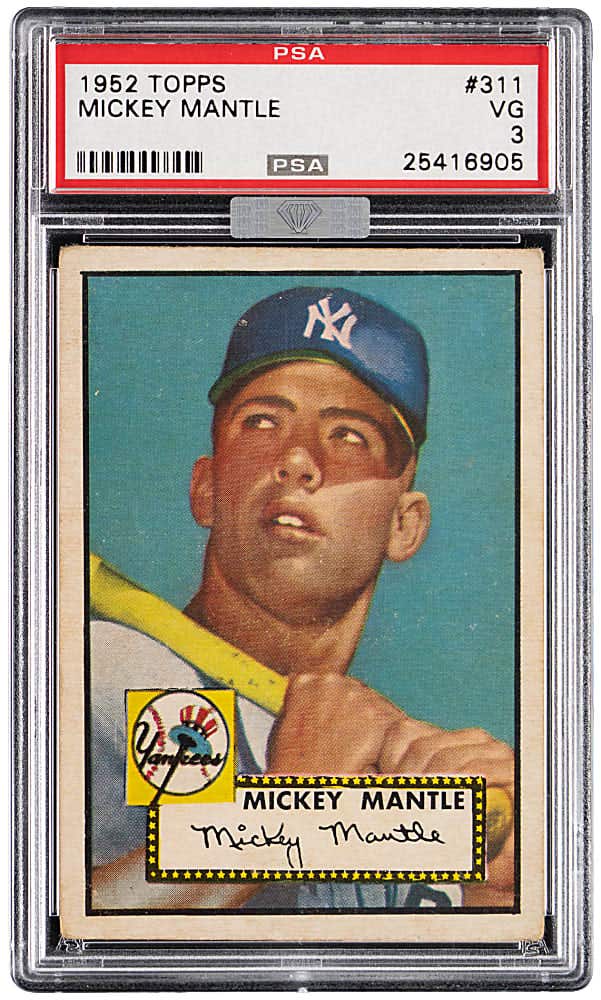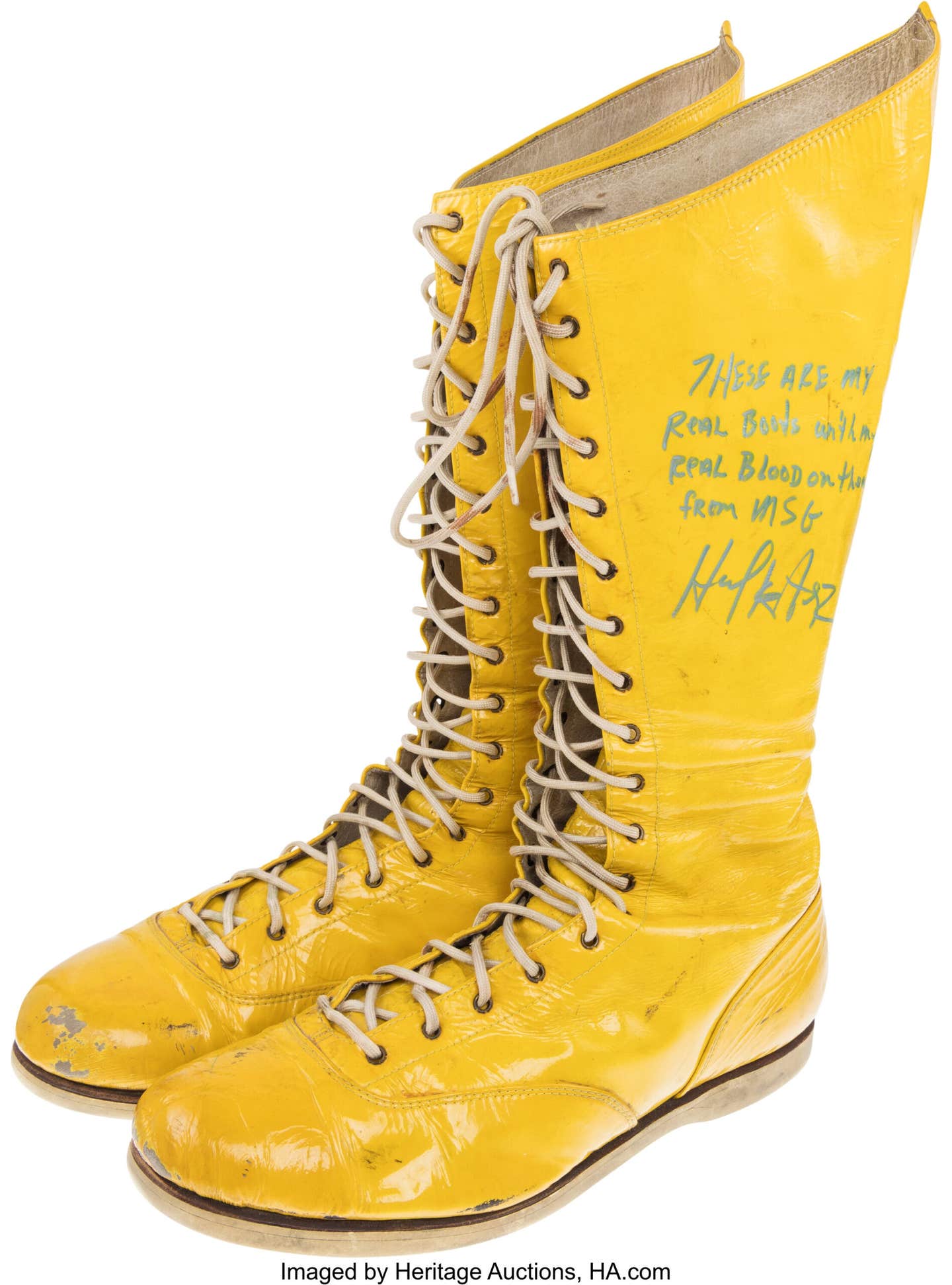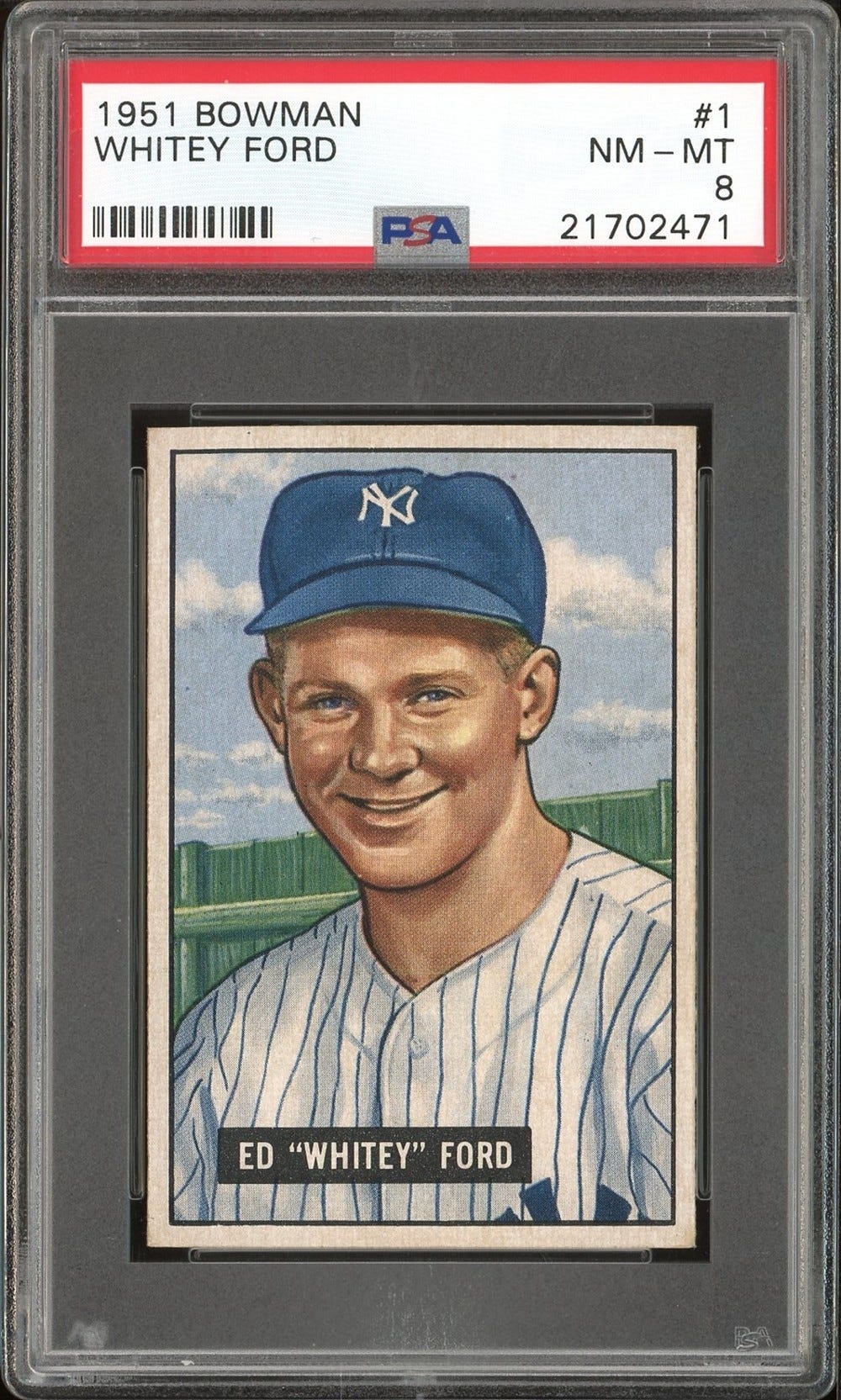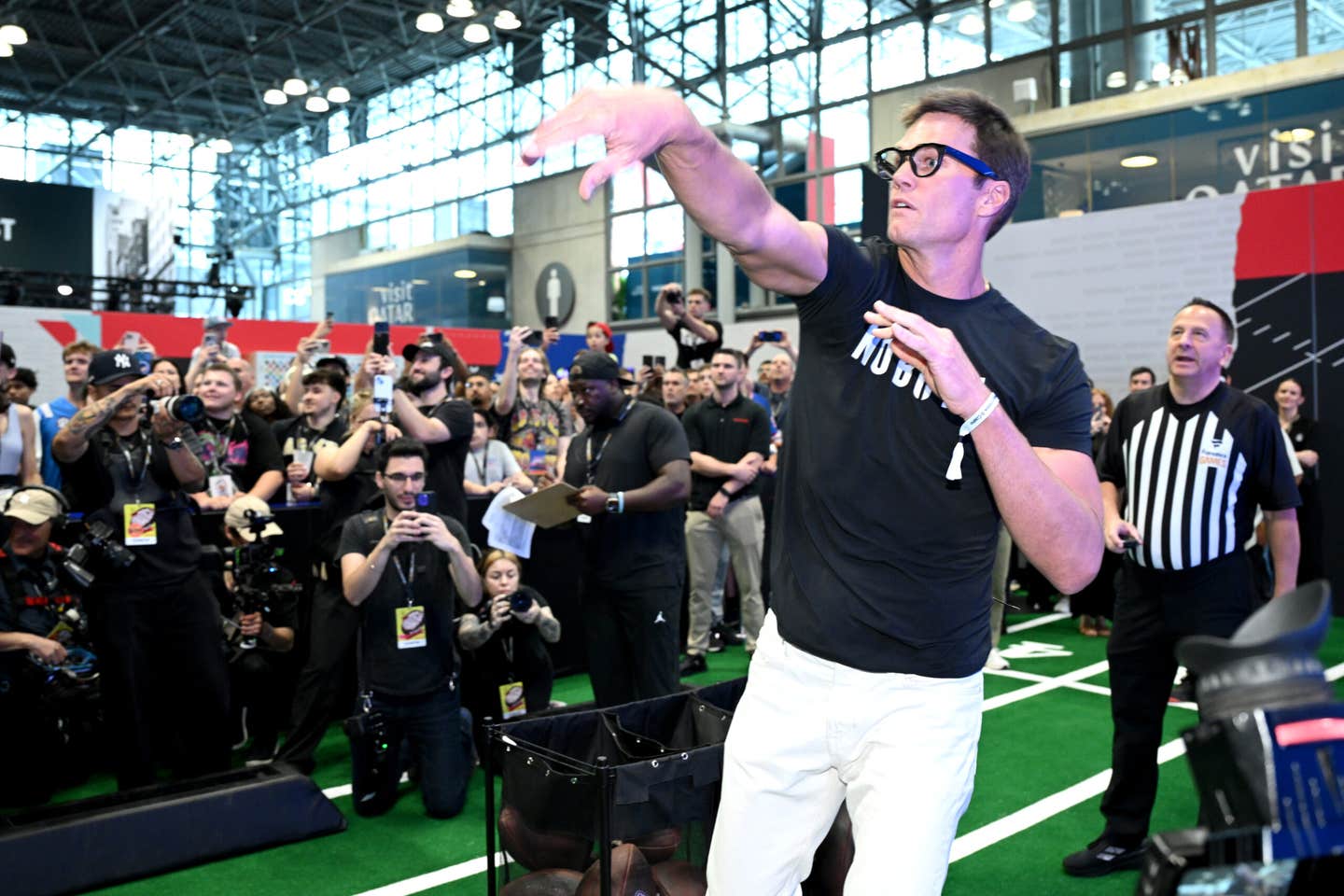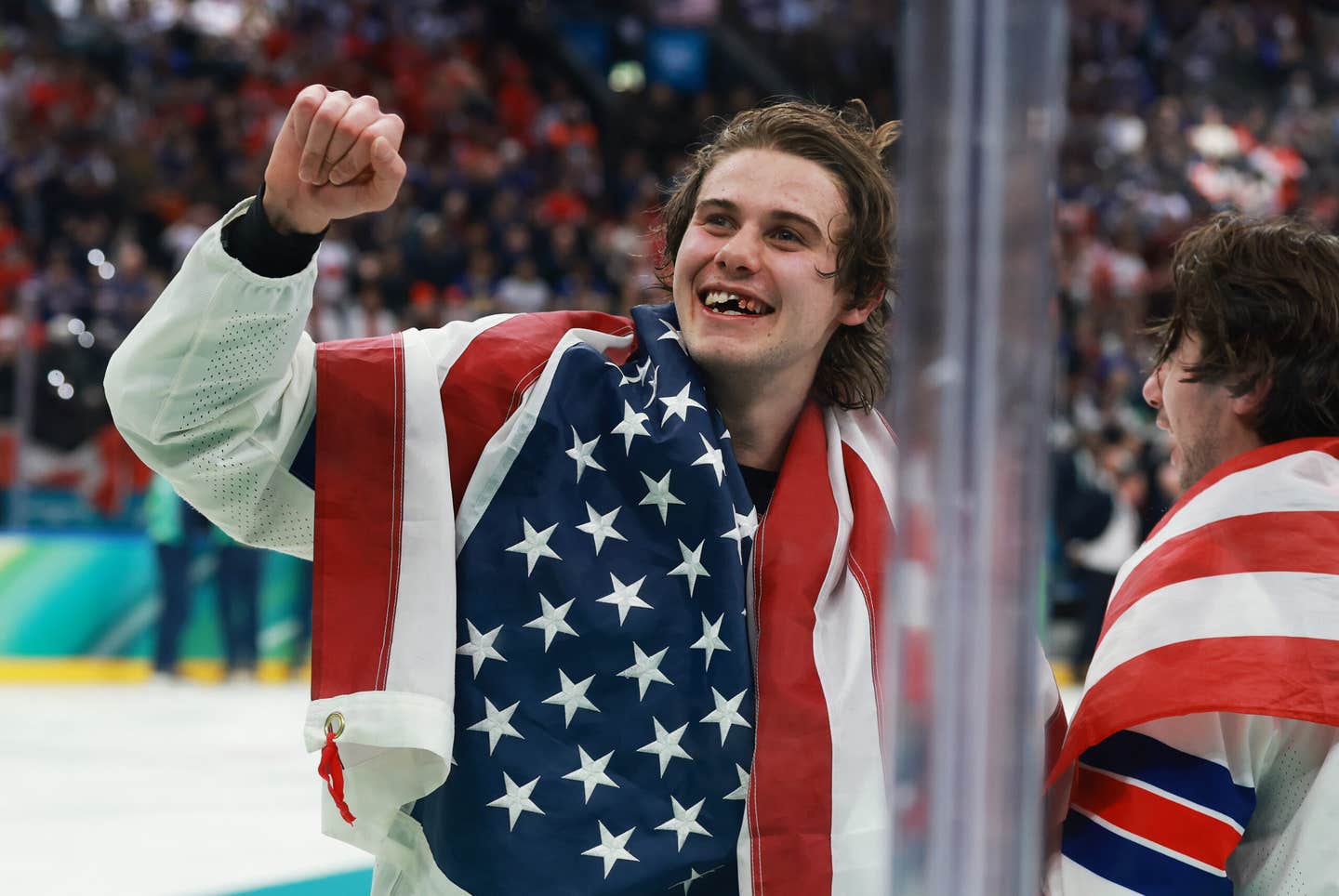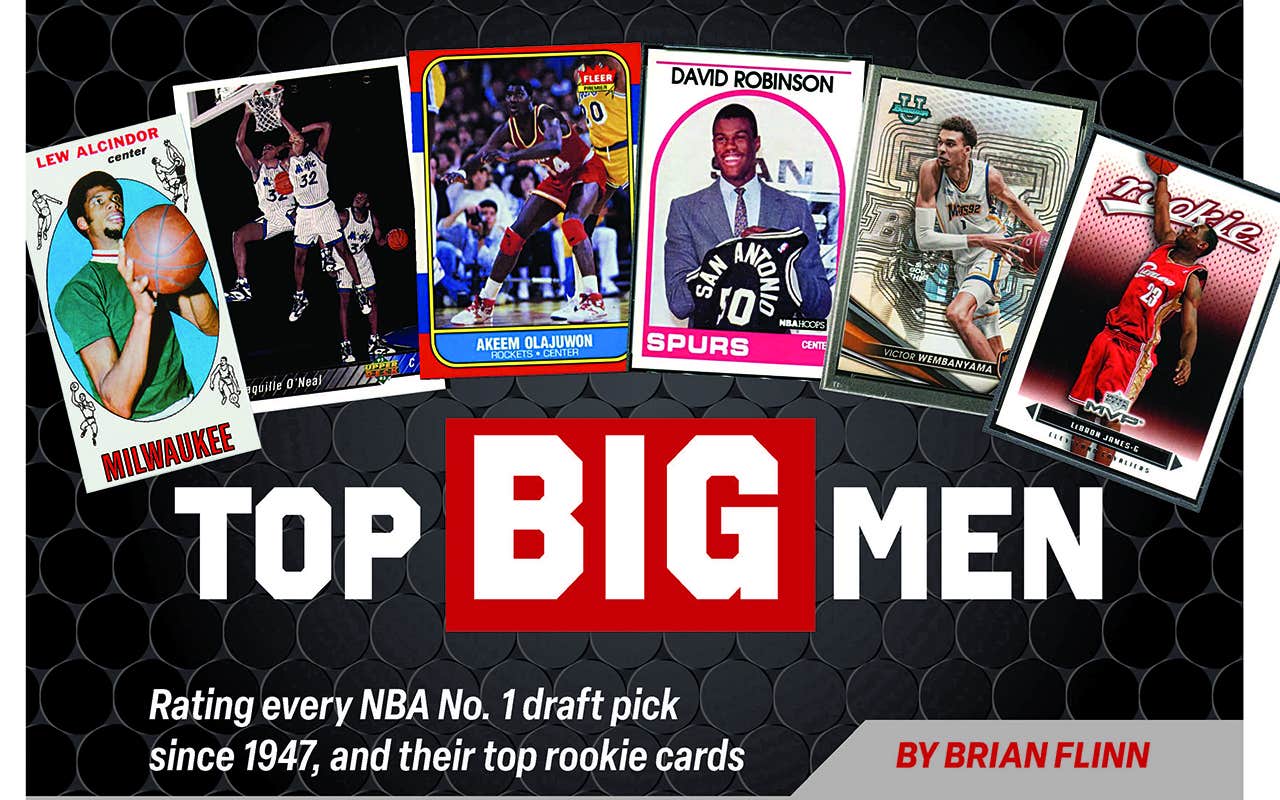
Oscar Robertson
Rating every NBA No. 1 draft pick since 1947, and their top rookie cards
We continue our series on collecting No. 1 draft picks with a focus on pro basketball and the players that were selected at the top of the annual NBA draft.
With the 2024 NBA Draft scheduled for June 26-27, we take a look at the rookie cards of the No. 1 picks since 1947.
There are many Hall of Famers, legendary players and recognizable names on this list, but others underachieved and will make you ask, “Who?”
The well-known stars all have rookie cards that will require some investment to add to your collection, while others can be found for next to nothing. Enjoy this guide as you chase the top draft picks in NBA history.
2023: Victor Wembanyama, C, San Antonio Spurs
Rookie Card: 2022-23 Bowman University #51; 2023 Sports Illustrated for Kids
One of the worst kept secrets on draft night was who the Spurs would take. Everyone on the planet knew Wembanyama would be the pick because of his 7-4 size combined with perimeter shooting skills. The hype train continues to roll for Wembanyama, the 2023-24 NBA Rookie of the Year whose rookie cards are soaring.
2022: Paolo Banchero, PF, Orlando Magic
Rookie Card: 2022 Panini Chronicles Draft Picks Luminance #27; 2022 Panini Instant #RPS-1; 2022 Donruss #2
Banchero played one season for Duke before entering the draft. He made an instant impact, averaging 20 points and winning Rookie of the Year. He averaged 22.9 points and 6.9 rebounds and made the NBA All-Star Game in his second season.
2021: Cade Cunningham, PG, Detroit Pistons
Rookie Card: 2021-22 Panini Prizm #282; 2021-22 Absolute #214; 2021-22 Hoops #201; 2021-22 Select #11
Cunningham averaged 17.4 points as a rookie and bounced back from an injury-riddled second season to average 22.7 points and 7.5 assists this season.
2020: Anthony Edwards, SG, Minnesota Timberwolves
Rookie Card: 2020-21 Panini Mosaic #261; 2020-21 Hoops #216; 2020-21 Panini Chronicles Luminance #143
After a five-month wait due to COVID, Edwards finally was the top pick of the T-Wolves. He became the third-youngest player to score 40 points in a game during his rookie season and ended up finishing second for Rookie of the Year. In the 2021-22 season, he became the seventh player 20 or younger to score 2,000 points in his first 100 games. A two-time All-Star, Edwards has averaged more than 20 points per game to lead the T-Wolves to the playoffs the last three seasons.
2019: Zion Williamson, PF, New Orleans Pelicans
Rookie Card: 2019-20 Panini Chronicles #120; 2019-20 Donruss #201; 2019-20 Hoops Premium Stock #258
One of the most hyped No. 1 picks in recent memory, Williamson missed the first three months of his rookie season with a knee injury but ended up averaging over 22 points and made the All-Rookie First Team. He played 61 games in 2020-21, averaging 27 points and making his first All-Star team. But in the offseason, he suffered a foot injury that required surgery. He missed the 2021-22 season and played just 29 games in 2022-23. He returned this season to average 22.9 points in 70 games.
2018: DeAndre Ayton, C, Phoenix Suns
Rookie Card: 2018-19 Panini Prizm #279; 2018-19 Panini Select #2; 2018-19 Panini Donruss Optic #157
2017: Markelle Fultz, PG/SG, Philadelphia 76ers
Rookie Card: 2017-18 Panini Prizm #1; 2017-18 Donruss The Rookies #1; 2017-18 Donruss Optic #200
2016: Ben Simmons, PG/PF, Philadelphia 76ers
Rookie Card: 2016-17 Prestige #151; 2016-17 Panini Excalibur #134; 2016-17 Hoops #261
2015: Karl Anthony-Towns, PF, Minnesota Timberwolves
Rookie Card: 2015-16 Hoops #289; 2015-16 Donruss The Rookies #21; 2015-16 Panini Complete #303
“KAT” made an instant impact with the T-Wolves, averaging 18 points and 10.5 rebounds to win Rookie of the Year. He played in all 82 games his first three seasons, and another 77 in 2018-19, averaging at least 21 points all four seasons. He averaged a career-high 26 points in the COVID season and 24 points the next two seasons. He has made three All-Star teams, the All-NBA Third Team twice, and led Minnesota to the playoffs three times.
2014: Andrew Wiggins, SF, Cleveland Cavaliers
Rookie Card: 2014-15 Panini Prizm #251; 2014-15 Panini Prestige #161; 2014-15 Hoops #261
2013: Anthony Bennett, PF, Cleveland Cavaliers
Rookie Card: 2013-14 Hoops #261; 2013-14 Panini Prizm #271; 2013-14 Elite #201
2012: Anthony Davis, PF/C, New Orleans Pelicans
Rookie Card: 2012-13 Panini Crusade #88; 2012-13 Hoops #275; 2012-13 Panini Prestige #201
After winning a national championship at Kentucky, Davis won gold with the USA Olympic team in 2021. He was selected by the Hornets/Pelicans and scored almost 14 points per game to win Rookie of the Year. Over the next six seasons in New Orleans, he averaged 21-28 points, at least 10 rebounds and two blocks. He helped the team make the playoffs twice and made the All-Star Game six times and All-NBA and All-Defensive Team three times. After the 2018-19 season, Davis demanded a trade and the Pelicans sent him to the Lakers, where he helped lead them to the championship in his first season (2019-20), averaging 26 points and nine rebounds. Injuries plagued him the next three seasons until he averaged 24.7 points over 76 games this season.
2011: Kyrie Irving, PG, Cleveland Cavaliers
Rookie Card: 2012-13 Panini Prizm #201; 2012-13 Panini #227; 2012-13 Hoops #223
A polarizing player, Irving was Rookie of the Year of 2011-12 and won NBA All-Star Game MVP in his third season. In 2014-15, the Cavs added Kevin Love and Lebron James and made the NBA Finals the next two seasons, winning the title in 2016. By 2017, Irving wanted out of Cleveland and demanded a trade. He was sent to the Celtics, where in 2017-18 he played in 60 games and averaged 24 points. He has played the last few seasons with the Nets and Mavs, averaging more than 25 points but missing considerable time with injuries and off-court issues.
2010: John Wall, PG, Washington Wizards
Rookie Card: 2010-11 Panini Prestige #151; 2010-11 Donruss #228
Wall has averaged 18.7 and 8.9 assists over his nine-year career, but has missed two full seasons and parts of four others with injuries the past six seasons.
2009: Blake Griffin, PF, Los Angeles Clippers
Rookie Card: 2009-10 Upper Deck #226; 2009-10 Topps #316; 2009-10 Panini Studio #136
2008: Derrick Rose, PG, Chicago Bulls
Rookie Card: 2008-09 Fleer #241; 2008 Topps Chrome #181; 2008-09 Press Pass Legends #18
Rose averaged 17 points and six assists to win Rookie of the Year and won NBA MVP in his third season with 25 points per game. But he tore his ACL in the 2011-12 playoffs, missed the next season, and has struggled with injuries the rest of his career.
2007: Greg Oden, C, Portland Trail Blazers
Rookie Card: 2007 Upper Deck #20; 2007-08 Topps Chrome #152; 2007-08 Finest #77
2006: Andrea Bargnani, PF/C, Toronto Raptors
Rookie Card: 2006-07 Topps Finest #90; 2006-07 Topps #255; 2006-07 Topps Chrome #180
2005: Andrew Bogut, C, Milwaukee Bucks
Rookie Card: 2005-06 Upper Deck Cutting Edge #C18; 2005-06 Topps #221; 2005-06 Upper Deck #101
2004: Dwight Howard, C, Orlando Magic
Rookie Card: 2004-05 Bowman Chrome #129; 2004 Topps Pristine #103; 2004 Topps Chrome #166
The last of the No. 1 picks drafted straight out of high school, Howard became the youngest player to average a double-double (12 points, 10) as a rookie. He averaged a double-double in all eight seasons in Orlando and helped the Magic reach the NBA Finals in 2008-09. He made six All-Star teams, All-NBA five times, and won Defensive Player of the Year three times. He was traded to the Lakers in 2012-13 and played for five more teams before returning to L.A. and winning the 2020 NBA championship.
2003: LeBron James, SF, Cleveland Cavaliers
Rookie Card: 2003-04 Topps #221; 2003-04 Upper Deck LeBron’s Diary #LJ8; 2003-04 Upper Deck #201
There is probably no other player on this list—or any other No. 1 pick—more impactful than LeBron. He took the sport—and really all sports—by storm in 2003 when he entered the NBA straight from high school. He won Rookie of the Year in 2004; NBA MVP and NBA Finals MVP four times; four NBA championships; three All-Star Game MVPs; made 20 All-Star games; and was All-NBA First Team 13 times. A member of the NBA 75th Anniversary Team, he is the NBA’s all-time leading scorer, surpassing Kareem Abdul-Jabbar this season. He won NBA championships with Miami (twice), Cleveland and the Lakers.
2002: Yao Ming, C, Houston Rockets
Rookie Card: 2002-03 Topps #185; 2003-04 Upper Deck Rookie Exclusives #58; 2002 Press Pass #CT18
One of the most famous international picks, Ming was selected by the Rockets after playing five seasons in China. He finished second in Rookie of the Year voting in 2002-03, averaging almost 14 points and eight rebounds. He started at least 80 games the next two seasons, but his next three were plagued by injuries. He averaged 25 points in 2006-07 and 11 rebounds in 2007-08. But he missed the 2009-10 season due to foot injuries and played just five games in 2010-11 before retiring. The 7-6 center finished his career averaging 19 points and nine rebounds and made eight All-Star games.
2001: Kwame Brown, C, Washington Wizards
Rookie Card: 2001-02 Topps Chrome #165; 2001-02 Fleer Maximum #210; 2001-02 Topps Stadium Club #101
2000: Kenyon Martin, PF, New Jersey Nets
Rookie Card: 2000-01 Upper Deck Reserve #91; 2000-01 Topps Stars #102; 2000-01 Bowman’s Best #LRC1
1999: Elton Brand, C, Chicago Bulls
Rookie Card: 1999-2000 Bowman’s Best #101; 1999-2000 Topps Gold Label Class 1 #86; 1999-2000 Topps Chrome #115
1998: Michael Olowokandi, C, Los Angeles Clippers
Rookie Card: 1998-99 Skybox Premium #258; 1998-99 Bowman’s Best #101; 1998-99 Fleer Ultra Rookies #125
1997: Tim Duncan, PF, San Antonio Spurs
Rookie Card: 1997-98 Metal Universe #66; 1997 Topps #115; 1997-98 Topps Finest #101
Duncan is considered the best power forward in NBA history. In 19 seasons, all with the Spurs, he averaged 19 points and 11 rebounds. A Hall of Famer who won five NBA titles with the Spurs, he was the Finals MVP three times and league MVP twice. He made the All-NBA Team and All-Star Game 15 times, winning the All-Star MVP in 2000. He also made the All-Defensive Team 15 times and is on the 75th Anniversary Team.
1996: Allen Iverson, PG, Philadelphia 76ers
Rookie Card: 1996-97 Fleer #235; 1996-97 Collectors Choice #301; 1996 Topps #171
The NBA went from the soft-spoken Duncan to the all-flash Iverson. He spent 10 and a half seasons in Philly, where he won an MVP Award, five scoring titles, and led the team to the NBA Finals in 2000-01. He also made the All-Star Team every season from his rookie year until 2010. After stints in Denver, Detroit and Memphis, he retired with Philadelphia in 2010.
1995: Joe Smith, PF, Golden State Warriors
Rookie Card: 1995-96 Skybox #227; 1995-96 Fleer #264; 1995-96 Topps Stadium Club #326
1994: Glenn Robinson, SF, Milwaukee Bucks
Rookie Card: 1994-95 Skybox #109; 1995 Press Pass #34; 1994-95 Upper Deck Collector’s Choice #407
1993: Chris Webber, PF, Orlando Magic
Rookie Card: 1993-94 Fleer Ultra #252; 1993-94 Topps Finest #212; 1993-94 Topps Gold #224
Webber was the second of two consecutive No. 1 picks by the Magic but they traded him to the Warriors for Penny Hardaway. Part of the “Fab 5” at Michigan, Webber won Rookie of the Year with the Warriors in 1993-94 but was not happy and was traded to the Wizards, where he spent four seasons hampered by injuries. In 1998, he was traded to the Sacramento Kings, where he made four All-Star teams and five All-NBA teams. He led the Kings to six straight playoff appearances, including the 2001-02 Western Conference Finals. He finished his career with Philadelphia, Detroit and back with the Warriors before retiring with a 21-point, 10- rebound average.
1992: Shaquille O'Neal, C, Orlando Magic
Rookie Card: 1992-93 Fleer Ultra #328; 1992-93 Topps Stadium Club #247; 1992-93 Upper Deck #220
One of the most popular personalities on this list, “Shaq” is as famous as an NBA commentator and commercial pitchman as he was on the court. He was drafted as the lynchpin for the new Magic franchise and he paid dividends immediately, winning Rookie of the Year in 1992-93 and, by 1995, had the Magic in the NBA Finals. He spent four seasons in Orlando before he signed with the Lakers to team up with Kobe Bryant. They won three straight NBA titles from 2000-02. O’Neal played for the Lakers for eight seasons before a trade to Miami, where he won another title in 2005-06. He was the league MVP in 2000 and made 15 All-Star teams. He was elected to the Hall of Fame in 2016 and made the 75th Anniversary Team.
1991: Larry Johnson, PF, Charlotte Hornets
Rookie Card: 1991-92 Upper Deck #2; 1991-92 Fleer #255; 1991-92 Hoops #546
1990: Derrick Coleman, PF, New Jersey Nets
Rookie Card: 1990-91 Fleer Update #U60; 1990-91 Skybox #362; 1990-91 Hoops #390
1989: Pervis Ellison, C, Sacramento Kings
Rookie Card: 1990-91 Skybox #246; 1990-91 Fleer #164; 1990-91 Hoops #257
1988: Danny Manning, PF, Los Angeles Clippers
Rookie Card: 1989-90 Fleer #71; 1989-90 Hoops #40
1987: David Robinson, C, San Antonio Spurs
Rookie Card: 1989-90 Hoops #130; 1989-90 Hoops #310; 1990 Fleer #172
The 1987 top pick had one distinct quality: patience. Robinson had to finish his two-year Navy service before joining the NBA. He took the league by storm in his first season, winning 1990 Rookie of the Year and making the All-Star Game and All-NBA Third Team. During his 14-year career, the Spurs built a dynasty around Robinson and Duncan. Robinson won two NBA Championships, an MVP, and made the All-Star Team and All-NBA Team 10 times. He also won two Olympic gold medals and made both the 50th and 75th Anniversary Teams.
1986: Brad Daugherty, C, Cleveland Cavaliers
Rookie Card: 1987-88 Fleer #25
1985: Patrick Ewing, C, New York Knicks
Rookie Card: 1986-87 Fleer #32
Conspiracy theories are a hot button in today’s world, and there has been speculation about this pick for almost 40 years. There is speculation that the lottery was rigged so Ewing could end up in the Big Apple and help NBA ratings. Regardless, Ewing did his job for the Knicks for 15 seasons and collected almost all the hardware except an NBA title and MVP Award. A Rookie of the Year, he made the All-NBA Team seven times and was an 11-time All-Star. After his final two seasons in Seattle and Orlando, he finished his career in 2002, averaging 21 points and 10 rebounds.
1984: Hakeem Olajuwon, C, Houston Rockets
Rookie Card: 1986-87 Fleer #82
Olajuwon is one of the first players born overseas (Nigeria) to be taken No. 1 and the Rockets did not have to look far since he played at the University of Houston. He played 18 seasons, all but one with Houston. He averaged 22 points and 11 rebounds and won back-to-back NBA titles in 1994 and 1995 and was Finals MVP in both series. He also was the league’s MVP in 1994. A 12-time All-Star, Olajuwon made the All-NBA Team 12 times and the All-Defensive Team nine times as well as winning Defensive Player of the Year twice. In fact, the award was renamed for him in 2022. He was elected to the Hall of Fame in 2008.
1983: Ralph Sampson, C, Houston Rockets
Rookie Card: 1986-87 Fleer #97
1982: James Worthy, SF, Los Angeles Lakers
Rookie Card: 1983-84 Star #25; 1986-87 Fleer #131
A coin flip determined this pick because the Lakers had gotten the No. 1 pick in a trade with the Cavaliers (Cleveland and the Clippers tied for the worst record). The Cavs won and the pick went to the Lakers, who used it on the small forward from North Carolina. Worthy spent his whole 12-year career in L.A, averaging 18 points and five rebounds. He won three NBA titles and was the Finals MVP in 1988. He made seven straight All-Star teams and joined the Hall of Fame in 2003.
1981: Mark Aguirre, SF, Dallas Mavericks
Rookie Card: 1986-87 Fleer #3
1980: Joe Barry Carroll, C, Golden State Warriors
Rookie Card: 1981 Topps #71
1979: Magic Johnson, PG, Los Angeles Lakers
Rookie Card: 1980-81 Topps #18
Many consider the turning point of the NBA the 1979 draft, which followed the college national championship game featuring rivals Magic Johnson and Larry Bird. The Lakers decided to build “Showtime” around Magic. He made a big splash immediately, leading the Lakers to an NBA title in 1980 (the first of five with the team) and winning the first of three Finals MVPs. He won three NBA MVPs and made the All-Star Team 12 times. He also was a member of the All-NBA Team 10 times and won All-Star Game MVP after returning to the league in 1992 after being diagnosed with HIV. He helped lead the “Dream Team” to an Olympic gold medal, and then retired after that season. He made a comeback in 1996 before ending his career with a 20-point average along with seven rebounds and 11 assists. He was elected to the Hall of Fame in 2002.
1978: Mychal Thompson, C, Portland Trail Blazers
Rookie Card: 1979-80 Topps #63
1977: Kent Benson, C, Milwaukee Bucks
Rookie Card: 1979-80 Topps #1211976
John Lucas, PG, Houston Rockets
Rookie Card: 1977-78 Topps #58
1975: David Thompson, SG, Atlanta Hawks
Rookie Card: 1976-77 Topps #110
Known for his leaping ability, Thompson was drafted by the Hawks and the ABA Denver Nuggets and decided to play in the “Mile High City,” where he led the Nuggets to the 1975-76 ABA Finals and won Rookie of the Year. Thompson remained with the Nuggets when the leagues merged and spent six more seasons in Denver and two in Seattle. Thompson was a scorer, averaging almost 23 points. He made five All-Star teams between the two leagues and was All-NBA twice.
1974: Bill Walton, C, Portland Trail Blazers
Rookie Card: 1974 Topps #39
There was a ton of hype coming into the draft when Walton was finally available after leading UCLA to multiple national championships. His first two years were marred by injuries, as was much of his career. But in 1976-77, he played 65 games to lead the Trailblazers to the NBA title. Walton injured his foot again the next season, but still won league MVP. He requested a trade in 1979 and sat out the season before signing with the Clippers the next season. In 1985, he moved to Boston, where he won another title as well as the NBA Sixth Man Award. He only played 10 games the next season and retired with career averages of 15 points and 10 rebounds. A two-time All-Star, he became well known as a basketball broadcaster after his playing career. Walton passed away on May 27 at age 71.
1973: Doug Collins, SG, Philadelphia 76ers
Rookie Card: 1974-75 Topps #129
1972: LaRue Martin, C, Portland Trail Blazers
Rookie Card: 1973 Topps #89
1971: Austin Carr, SG, Cleveland Cavaliers
Rookie Card: 1972-73 Topps #90
1970: Bob Lanier, C, Detroit Pistons
Rookie Card: 1971-72 Topps #63
Lanier spent 10 seasons in Detroit before being traded to the Bucks. He made the All-Star team eight times and his teams made the playoffs nine times and the Eastern Conference Finals twice. He averaged 20 points and 10 rebounds for his career and was elected to the Hall of Fame in 1992.
1969: Kareem Abdul-Jabbar (Lew Alcindor), C, Milwaukee Bucks
Rookie Card: 1969-70 Topps #25
If there is a sure-thing No. 1 pick, this may be it as Abdul-Jabbar (then known as Lew Alcindor) came in and took over, leading the Bucks to an NBA title in just his second season. It would be the first of his six rings, five with the Lakers. Abdul-Jabbar won a record six MVPs, was a 19-time All-Star, and made the All-NBA Team 15 times and the All-Defensive team 11 times. He is on three NBA Anniversary Teams and retired as the league’s all-time leading scorer before LeBron James broke the record this season. He finished with a 25-point scoring average to go along with 11 rebounds and numerous career records.
1968: Elvin Hayes, PF/C, San Diego Rockets
Rookie Card: 1969-70 Topps #75
The “Big E” was taken first by what were then the San Diego Rockets before they moved to Houston in 1971. He spent four years with the franchise before being traded to the Bullets in 1972. He played there for nine seasons before ending his career back in Houston. Over his 16-year career, he averaged 21 points and almost 13 rebounds. He won the scoring title in 1969 and the NBA title in Washington in 1978. He made the All-Star team 12 times and All-NBA six times. He’s on two NBA Anniversary Teams and was elected to the Hall of Fame in 2003.
1967: Jimmy Walker, SG, Detroit Pistons
Rookie Card: 1969-70 Topps #8
1966: Cazzie Russell, SF, New York Knicks
Rookie Card: 1969-70 Topps #3
1965: Fred Hetzel, PF/C, San Francisco Warriors
Rookie Card: 1970-71 Topps #79
1964: Jim Barnes, C/PF, New York Knicks
Rookie Card: 1970-71 Topps #121
1963: Art Heyman, SF/SG, New York Knicks
Rookie Card: None
1962: Bill McGill, PF/C, Chicago Zephyrs
Rookie Card: None
1961: Walt Bellamy, C, Chicago Packers
Rookie Card: 1961-62 Fleer #4
1960: Oscar Robertson, PG, Cincinnati Royals
Rookie Card: 1961-62 Fleer #36
The “Big O” was taken first by the Royals in the same city where he played college ball. He is known as the first player to average a triple-double in a season. He almost did it in his rookie year with 30.5 points, 10.1 rebounds and 9.7 assists. In 10 seasons with the Royals, he averaged at least 25 points, including six seasons over 30, and led Cincinnati to six playoff appearances. In 1971, he was surprisingly dealt to Milwaukee, where he teamed with a young Lew Alcindor to lead the Bucks to an NBA championship in their first season together. He spent three more seasons there before retiring with career averages of 25.7 points, 7.5 rebounds and 9.5 assists. The 1964 MVP, he made 12 All-Star teams and 11 All-NBA teams. He became a Hall of Famer in 1980.
1959: Bob Boozer, PF, Cincinnati Royals
Rookie Card: 1961-62 Fleer #6
1958: Elgin Baylor, SF, Minneapolis Lakers
Rookie Card: 1961-62 Fleer #3
The floundering Lakers went all in on Baylor, persuading him to skip his senior season in college. Baylor won Rookie of the Year in 1959 and helped lead the team to the NBA Finals, where they lost to the rival Celtics. That season would be the first of 11 All-Star and All-NBA selections. He played his whole career with the Lakers, first in Minneapolis and then in LA, and retired in 1972 due to injuries. He led the Lakers to eight NBA Finals, but lost each time.
1957: Hot Rod Hundley, PG/SG, Cincinnati Royals
Rookie Card: 1957 Topps #43
The Royals made Hundley the first pick but traded him to the Minneapolis Lakers, where he played six seasons before bad knees ended his career. He averaged 8.4 points and made the NBA Finals and the All-Star Game twice but gained more fame in the broadcast booth, doing both TV and radio for college and pro basketball.
1956: Si Green, PG/SG, Rochester Royals
Rookie Card: None
1955: Dick Ricketts, PF/C, Saint Louis Hawks
Rookie Card: 1957 Topps #8
1954: Frank Selvy, SG/SF, Baltimore Bullets
Rookie Card: 1957 Topps #51
Everyone knows about Wilt Chamberlain’s 100-point game but Selvy was the only player to hit the century mark in a college game—for Furman in 1954 against Newberry College. The Bullets drafted him after he led the nation in scoring. He played nine seasons for Baltimore, Milwaukee/St. Louis, Minneapolis, New York, Syracuse and Minneapolis/Los Angeles. He helped lead the Lakers to the 1962 NBA Finals and finished his career with an 10.8 scoring average.
1953: Ernie Beck, SF/SG, Philadelphia Warriors
Rookie Card: 1957 Topps #36
1952: Mark Workman, C, Milwaukee Hawks
Rookie Card: None
1951: Gene Melchiorre, PG, Baltimore Bullets
Rookie Card: None
1950: Chuck Share, C, Boston Celtics
Rookie Card: 1957 Topps #61
1949: Howie Shannon, G/SF, Providence Steamrollers
Rookie Card: None
1948: Andy Tonkovich, PG, Providence Steamrollers
Rookie Card: None
1947: Clifton McNeeley, F, Pittsburgh Ironmen
Rookie Card: None
McNeeley was the first-ever No. 1 pick yet he did not play a game professionally. He earned a master’s degree and returned to Texas to be a high school coach.



